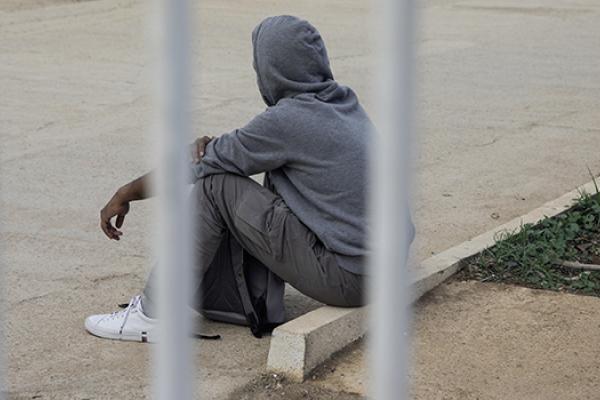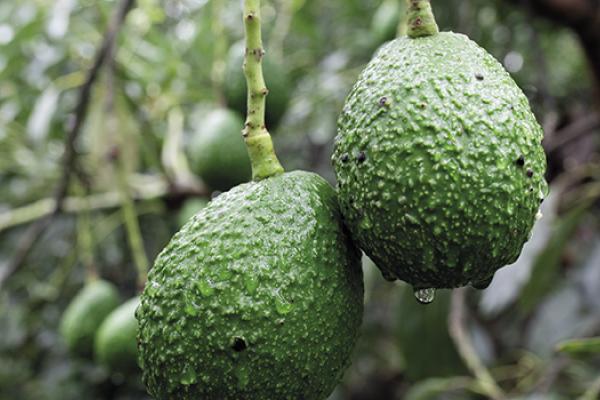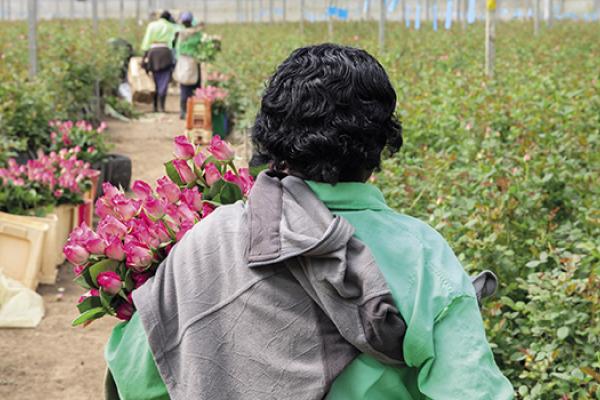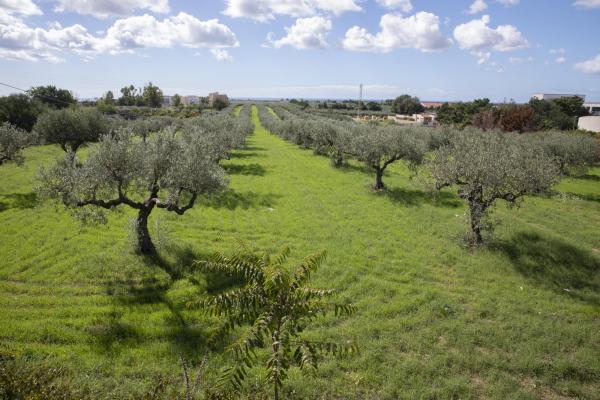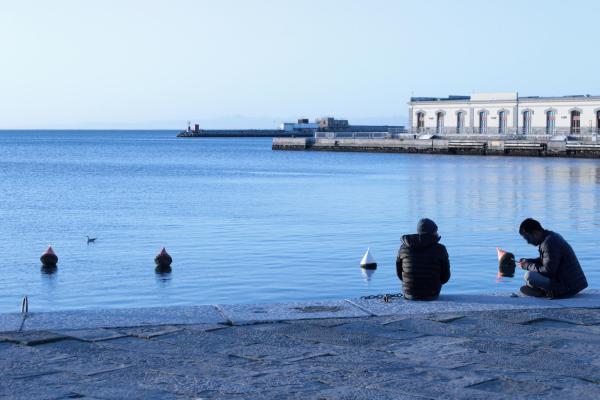Geesje van Haren is a Dutch journalist, who has run her own media organisation VersPers for over 16 years.
She is the driving force behind the Lost in Europe project and heads up its growing team. She coordinates on-the-ground research, brings the team together, works in the field and is responsible for fundraising. She has extensive experience as a media maker and teaches investigative journalism, creativity, entrepreneurship and photography. She founded the private investigative journalism school Open Eyes in Amsterdam.

